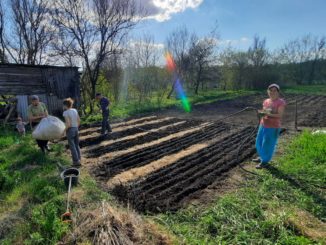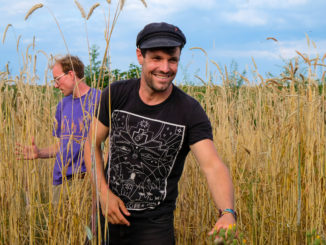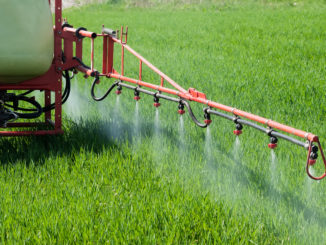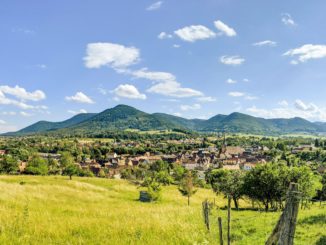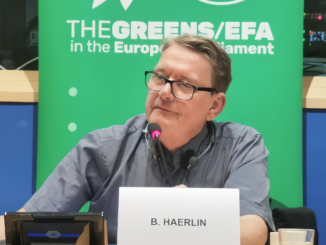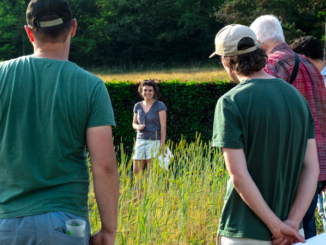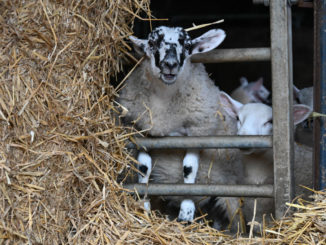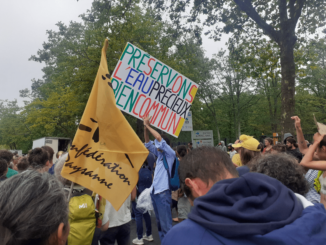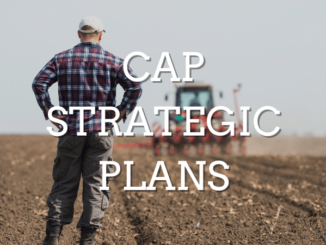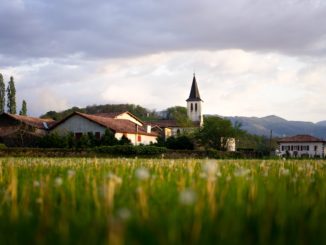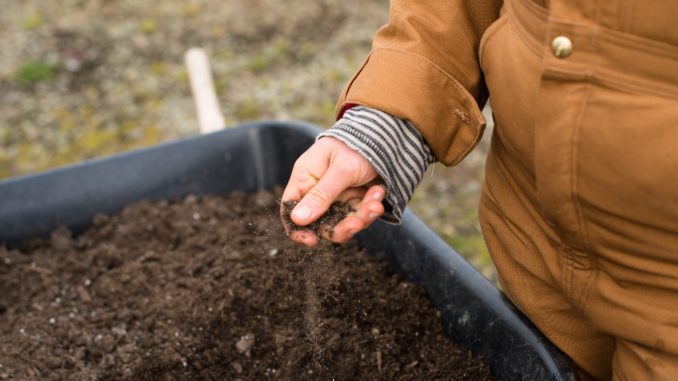
Accès au foncier : Comment Disposer de Terres Agricoles pour les Agricultures Plus Résilientes … Sans Aucun Texte Européen ? (Partie 2)
Comment est-ce que la France et l’Allemagne disposent de leviers pour adapter les politiques foncières aux réalités régionales et locales ? Après les politiques publiques régionales, nous examinerons le travail de Terre de Liens en France et de Regionalwert-AG en Allemagne, œuvrant pour que des terrains agricoles soient disponibles pour les nouveaux entrants et le renouvellement agricole dans chacun de ces deux grands pays d’Europe. […]

